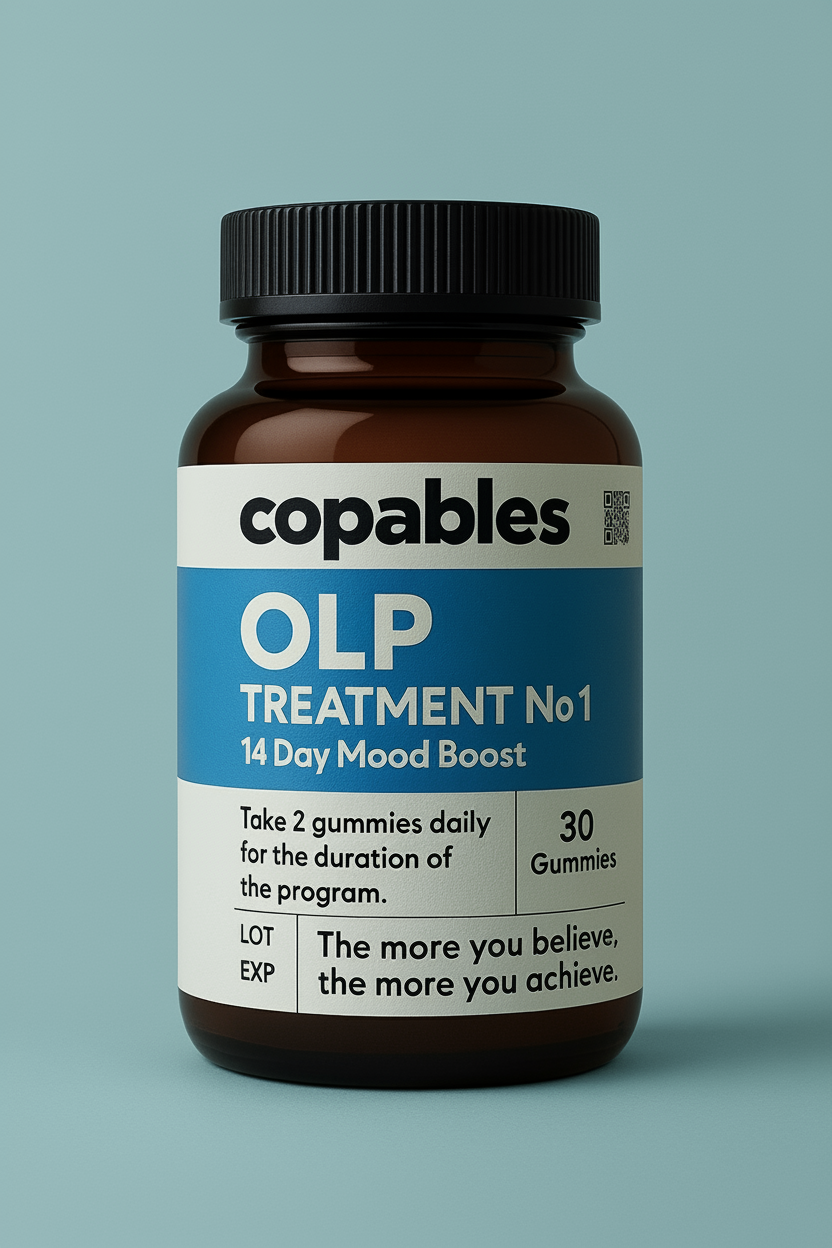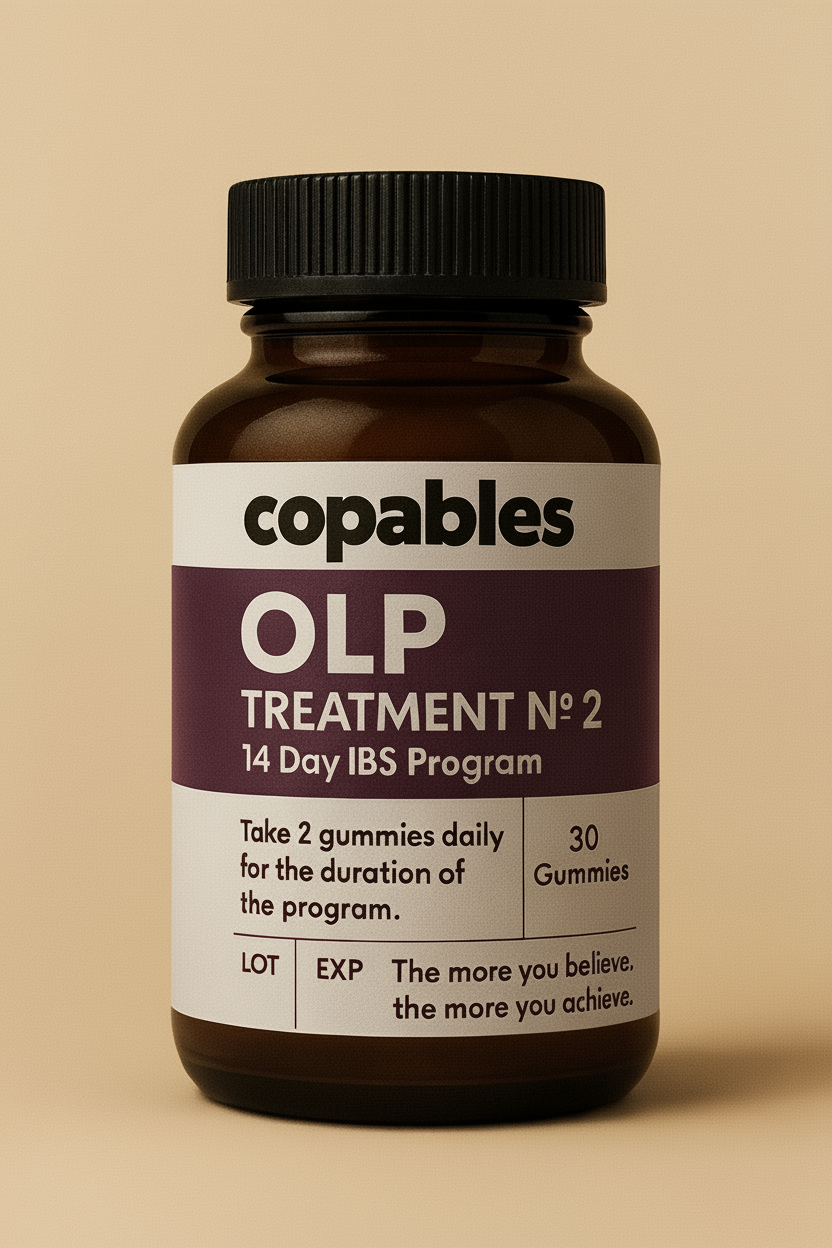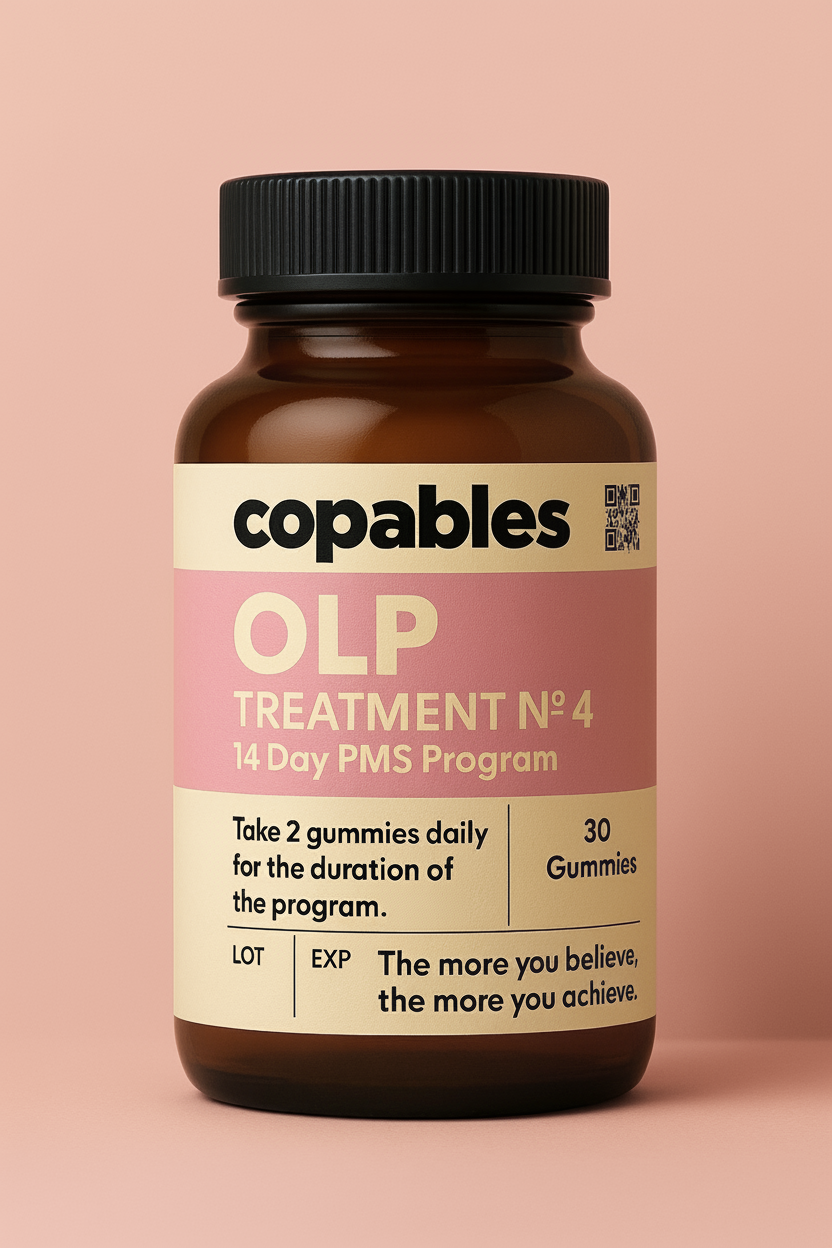Cognitive Behavioural Therapy (CBT) is the most widely used mental health treatment in the world
CBT is a time-limited, problem-focused, highly structured treatment, based on the notion that “the way we think determines the way we feel and behave”.
The primary mechanism behind CBT is Cognitive Restructuring: systematically identifying, challenging, and replacing dysfunctional automatic thoughts with more balanced, realistic thinking patterns. This literally rewires neural pathways responsible for the thought patterns behind discomfort.
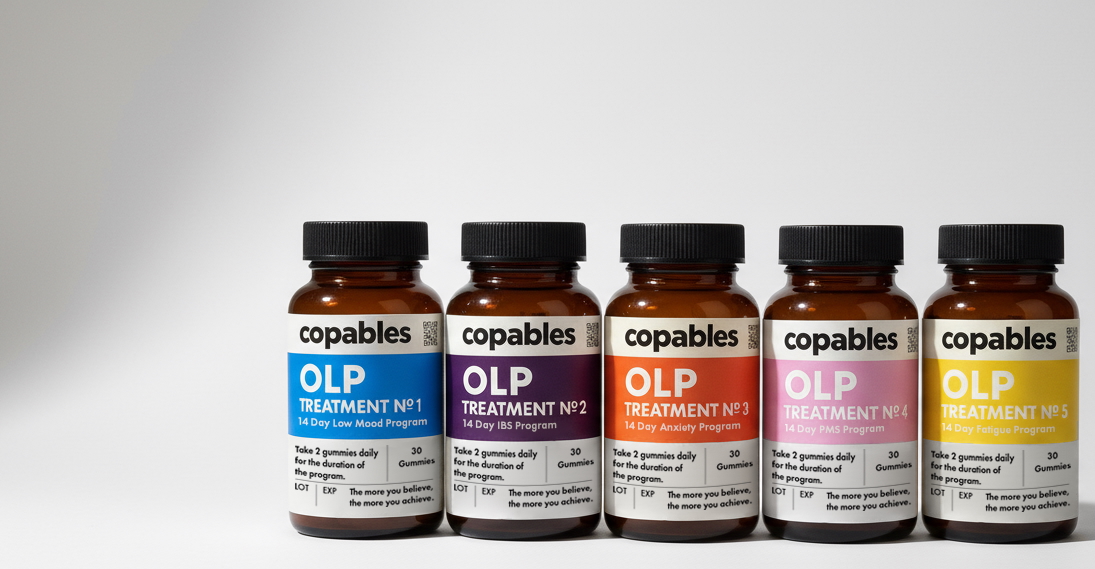
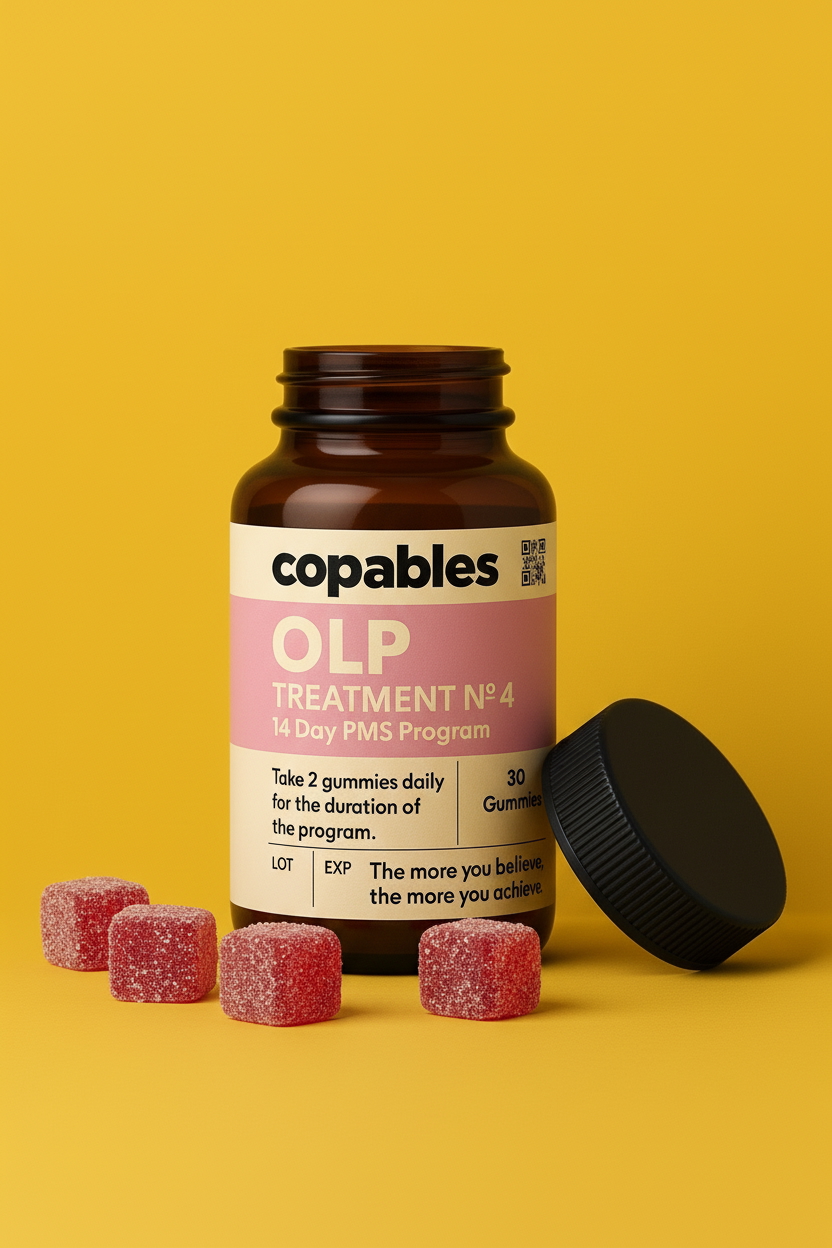

.jpg)
.jpg)
